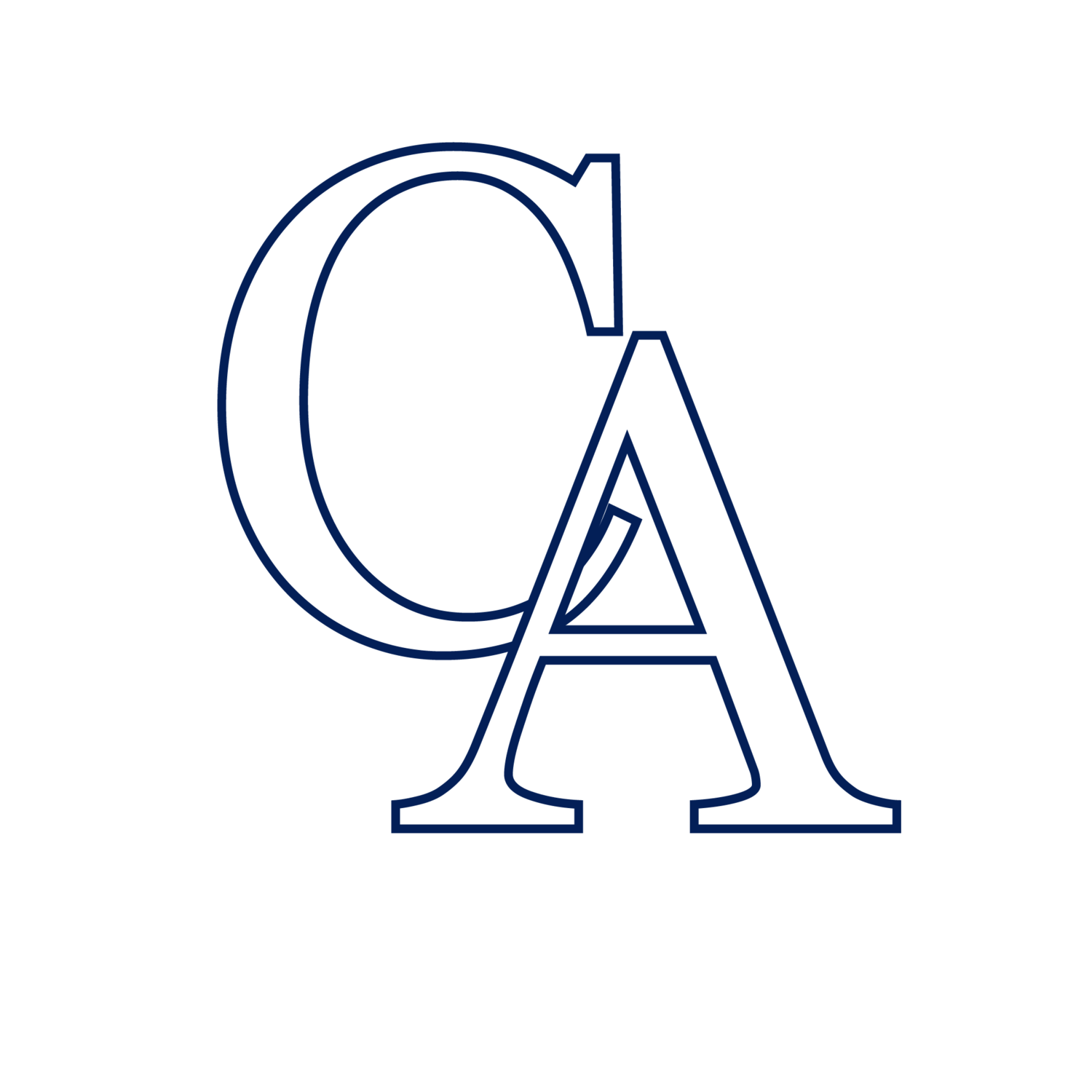A Conversation With Madeleine
When did you embark on your journey into Partnership Education? (Said another way, when did you start on your path as a self-directed learner?)
After 5th grade, when I was about 11, I was really bored in school and it was not the right fit and I didn’t feel that I was getting anything out of it. My sister and I felt like we were wasting our childhood. My dad had been trying to pitch the idea of homeschooling to my mom for a long time and he had always believed that children were natural learners. It was difficult to pull ourselves out of the school system. We tried a ‘free-school” place that wasn’t a fit for us, but it allowed us to explore other options. It was just a question of how we would find what we needed. Then we found Mike and Julia and people who could guide us.
What were the main benefits of a self-directed education for you?
I got a lot out of every single day. I was inspired and I wanted to keep consuming knowledge and keep creating with it. The community made that possible. I was able to build what I wanted out of my life. I think pretty much everyone would benefit from this way of learning. My sister and I are totally different people, but our process allowed us to build what worked for each of us in a way that the school system doesn’t allow. It made me an active player in my own story. It’s easy to go through life passively. Being a self-directed learner has made me an aware and determined individual, knowing that it’s up to me to achieve what I want to. Self-directed learning shifted the emphasis on to me, and then I had amazing people around to support me.
What is something you developed in your teen years with the support of your Facilitators, Mike and Lucy?
Debating and discussions. They helped in facilitating the transfer of ideas when people came from lots of different backgrounds, and we were encouraged to say what we wanted to say, instead of saying what we thought the “teacher” wanted from us.
What advice would you give a family who’s considering Partnership Education, but unsure of whether to take the plunge?
I’m the type of person who loves research. I’d say you should read about it and do your research. There are so many different options, and I’d advise [families] to reach out to people who can be touch points and talk with them. What’s scary to do alone is often not scary to do with a community like CA.
What has your path been since graduating?
I did a lot of traveling. I was very fortunate to travel with my family as a young person, which set me on the path to finding other ways to travel.
I applied to a study abroad program that I was too young for, but I managed to get the signatures needed to do it. I moved abroad and studied at a University in Spain. I gained a lot of experience about the world and different cultures [there]. From there I also started taking community college courses and touring colleges and universities. I ended up at Quest University. It really appealed to me because it was alternative, but also rigorous. We got to focus on one course in an intensive way for a month. The courses were often interdisciplinary and [included] great projects, and reminded me of my un-schooling years. I transferred a full year of credits from my study abroad and community college courses and I ended up studying abroad (in Wales) for another semester and graduating from Quest after two and a half years on their campus. I am the founder of MADKunda Marketing and Lizard Head Publishing.
What skills did you develop as a self-directed learner that have served you well during your transition to college/adult life?
There are so many things. One is talking to people of all different ages and backgrounds. I noticed that people at University were sometimes not comfortable talking to people in different years or to their professors. I built social connections across ages and groups. I built an academic relationship with a professor and ended up working as a TA. I was just more comfortable connecting with people and less intimidated than many other students. I’m really good at public speaking and interviews, which I have done a lot of.
I was trained not to care about grades. My college gave them to me, but I really didn’t care [about them] and I honestly didn’t look at them. I respected my professors' opinions and critiques, but I wasn’t focused on my grades. My roommate would get them for me at the end of the semester and I wouldn’t know what grades I had. I did very well in college, but I only found out at the end of the year when I had to go in and chat with professors [in person].
If you could have known that there was no need to stress about this one thing during your teens years, what would it have been, and why?
[One thing that I worried about was that] I knew that I was learning and getting a bunch out of [SDL], but there was a question of how you prove it to other people? How do I speak the language of the traditionally [schooled]? It felt more intimidating than it was in reality.

